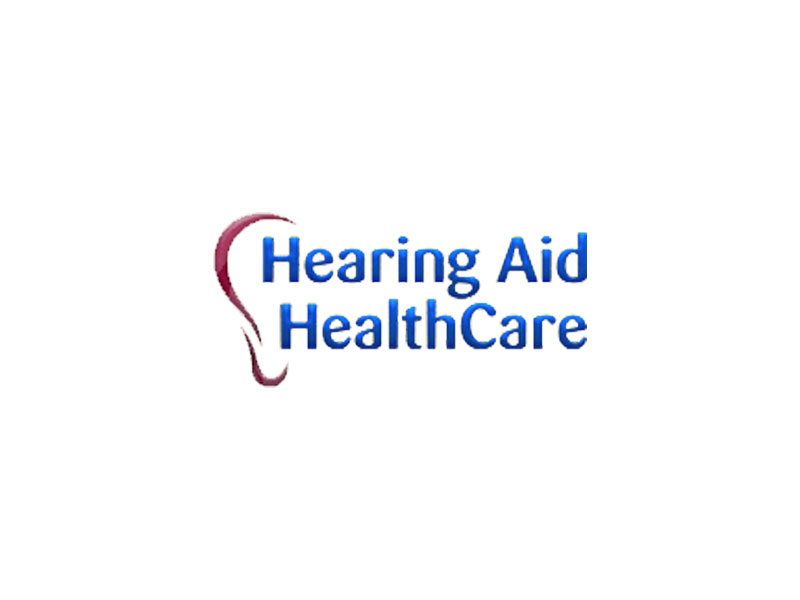Celebrity, fortune, and screaming fans — these are some of the terms and phrases you’d use to describe the life of a professional musician. however, what you almost certainly wouldn’t think about is “hearing loss” or “tinnitus,” the not-so-pleasant side-effects of all that stardom, wealth, and screaming. The sad paradox is, a musician’s hearing is exactly what is most sensitive to damage from the performance of their art.
As a matter of fact, musicians are close to four times more likely to develop noise-induced hearing loss in comparison with the average individual, as stated by scientists at the Leibniz Institute for Prevention Research and Epidemiology. The research also reported that professional musicians are roughly 57% more likely to suffer from tinnitus — an ailment associated with a relentless ringing in the ears.
The cause: recurring exposure to deafening sound. Over the years, loud noise will irreparably destroy the hair cells of the inner ear, which are the sensory receptors responsible for sending sound to the brain. Like an abundant area of grass worn out from repeated trampling, the hair cells can similarly be wiped out from repeated overexposure to loud noise – the major difference, of course, being that you can’t grow brand new hair cells.
Just how loud are rock concerts?
To explain the issue, hearing loss begins with recurrent exposure to sounds at or above 85 decibels (decibels being a unit used to gauge loudness). That might not mean very much to you, until you have a look at the decibel levels associated with common events:
- Whisper at 6 feet: 30 decibels (dB)
- Common dialogue at 3 feet: 60 – 65 (dB)
- Motorcycle: 100 dB
- Front row at a rock show: 120 to 150 dB
In non-technical terms, rock shows are literally ear-splittingly loud, and repetitive unguarded exposure can cause some considerable harm, which, regrettably, many popular musicians have recently attested to.
Chris Martin, the lead singer for the music group Coldplay, has struggled with Tinnitus for a decade. Martin said::
“Looking after your ears is unfortunately something you don’t think about until there’s a problem. I’ve had tinnitus for about 10 years, and since I started protecting my ears it hasn’t got any worse (touch wood). But I wish I’d thought about it earlier. Now we always use moulded filter plugs, or in-ear monitors, to try and protect our ears. You CAN use industrial headphones, but that looks strange at a party.”
Other noteworthy musicians that suffer from hearing loss or tinnitus include Neil Young, Ozzy Osbourne, Phil Collins, Eric Clapton, Jeff Beck, Pete Townshend, Bono, Sting, Ryan Adams, and more, many of which voice regret that they hadn’t done more to give protection to their ears during their careers. According to Lars Ulrich from Metallica:
“If you get a scratch on your nose, in a week that’ll be gone. When you scratch your hearing or damage your hearing, it doesn’t come back. I try to point out to younger kids … once your hearing is gone, it’s gone, and there’s no real remedy.”
How musicians can protect their ears with custom ear plugs
Although musicians are at greater risk for developing hearing loss or tinnitus, the risk can be greatly diminished by utilizing protective measures. Considering the specialized needs of musicians — and the importance of maintaining the detBecause of the unique needs of musicians — and the significance of conserving the fine details of sound — the initial step is to schedule an appointment with an audiologist.
Here’s a classic error: musicians will regularly wait to see an audiologist until they experience one or more of these signs or symptoms:
- A ringing or buzzing noise in the ears
- Any pain or discomfort in the ears
- Difficulty comprehending speech
- Difficulty following conversations in the presence of background noise
The problem is, when these symptoms are found to exist, the damage has already been done. Therefore, the most important thing a musician can do to prevent long-term, permanent hearing loss is to schedule an appointment with an audiologist before symptoms are present.
If you’re a musician, an audiologist can recommend custom musicians’ plugs or in-ear-monitors that will protect your hearing without diminishing your musical abilities. As a musician, you have distinctive needs for hearing and hearing protection, and audiologists or hearing specialists are the specialists specifically trained to provide this custom protection.
Also bear in mind that it’s not only musicians at risk: concert-goers are just as vulnerable. So the next time you’re front row at a rock show, know that 120 decibels of hair-cell-killing volume is pumping right from the speakers right into your ears.
